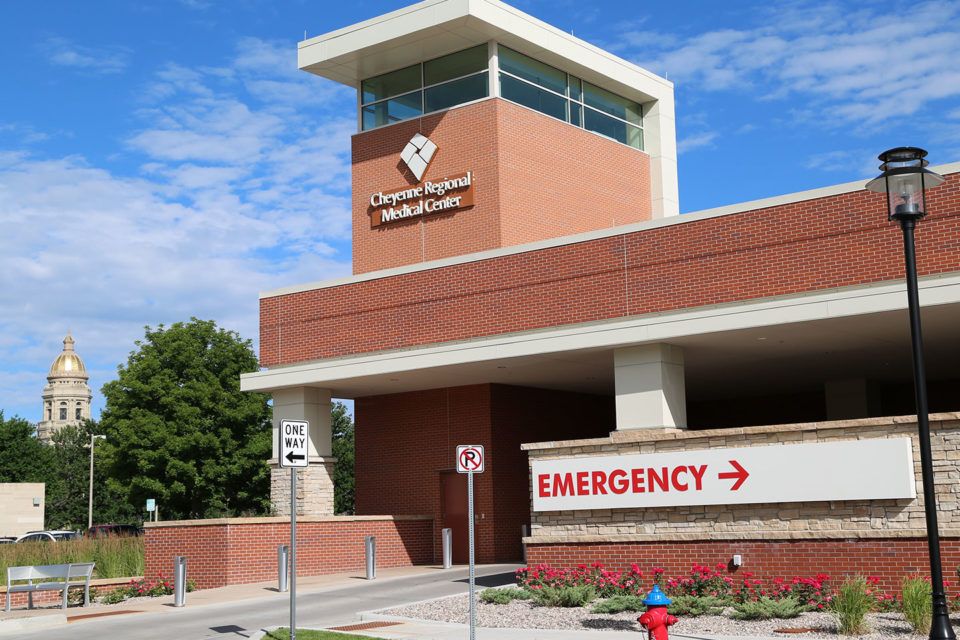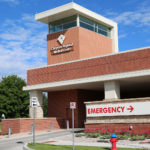Cheyenne Regional Medical Center Named One of America’s 100 Best Hospitals for General Surgery

Cheyenne Regional Medical Center is one of “America’s 100 Best Hospitals for General Surgery,” according to Healthgrades, an online independent hospital and physician quality and safety ratings organization.
This achievement was included in the Healthgrades 2020 analysis of top-performing hospitals that was released in October.
“This top 100 award is the result of a hospital-wide focus on quality care and service from our surgeons and their teams, our overall surgical services and also the providers and employees who care for our patients once they are out of surgery,” said Tim Thornell, chief executive officer and president of the Cheyenne Regional Health System. “It’s an honor for Cheyenne Regional Medical Center to be recognized in this way, and I want to commend and thank everyone in our hospital for ensuring our surgical and post-surgical care standards are among the very best in the nation.”
Patients treated at hospitals receiving America’s 100 Best Hospitals for General Surgery Award have, on average, a 29 percent lower risk of experiencing a complication or dying while in the hospital than if they were treated in hospitals that did not receive the award, according to Healthgrades.
“As consumers navigate their health, it is important to consider a number of factors, including hospital quality, before deciding where to access care,” said Brad Bowman, MD, chief medical officer of Healthgrades. “America’s 100 Best Hospitals for General Surgery recognizes those hospitals that have proven their dedication to quality care and exceptional outcomes over time, and we applaud their efforts and achievement.”
For its analysis, Healthgrades evaluated the performance of nearly 4,500 hospitals nationwide, assessing clinical outcomes across 32 procedures and conditions. Data evaluated was from 2016-2018 and included a review of approximately 45 million Medicare patient claims records.
Healthgrades also measures hospital performance for the most common in-hospital procedures and conditions and adjusts for risk factors that influence patient outcomes. These factors may include age, gender, specific procedure performed and conditions that take into account how sick patients are upon admission.
“Undergoing this kind of rigorous, independent analysis shows that our hospital and health system are committed to achieving excellent clinical outcomes for our patients,” said Jeffrey Chapman, MD, Cheyenne Regional’s chief medical officer. “We have also made a commitment of combining a quality focus with providing a compassionate, caring and service-oriented experience for our patients. This dual focus supports our mission, which is to inspire great health in our community and care for patients as if they were part of our family.”
Cover photo taken from Cheyenne Regional Medical Center


